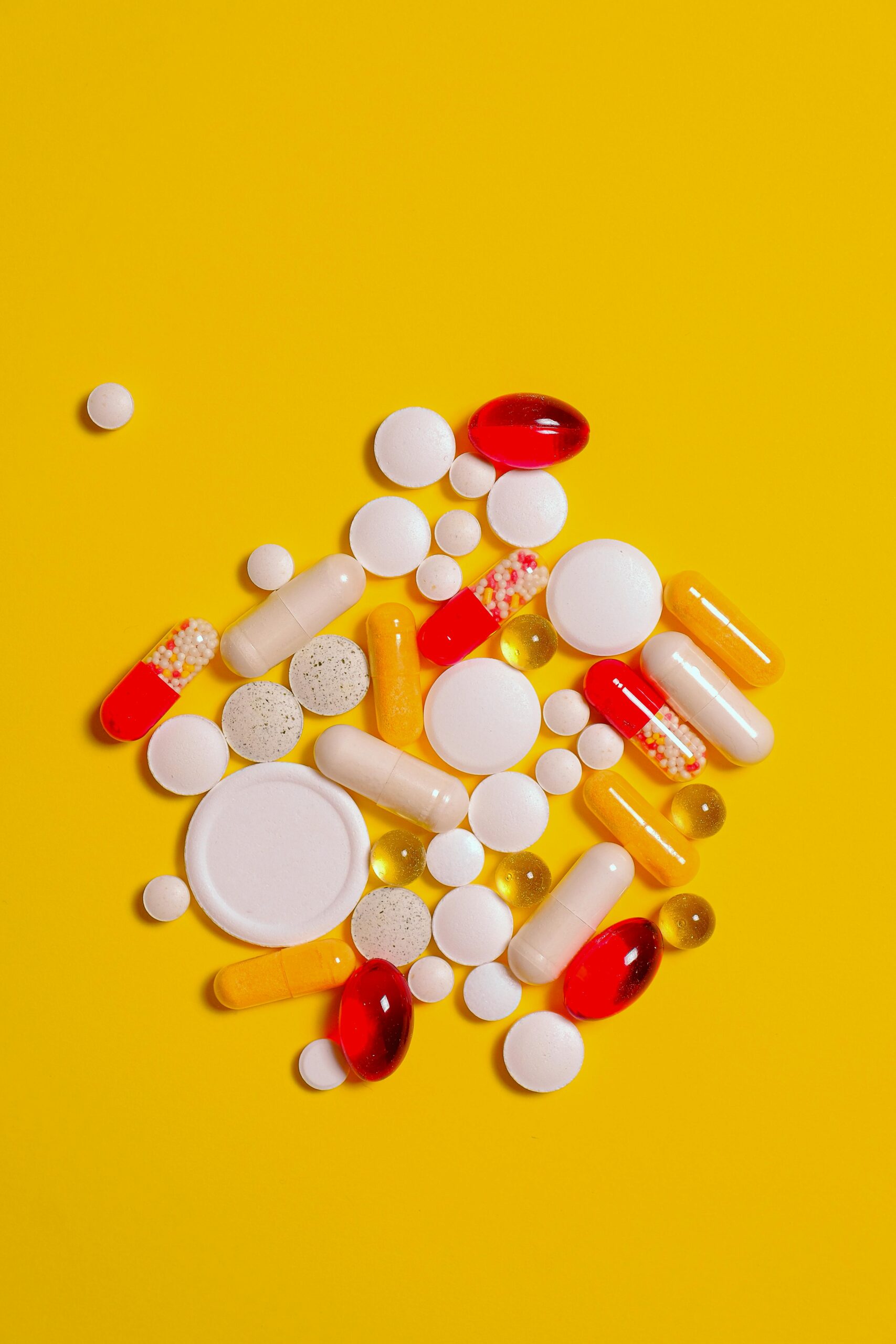Most common artificial sweeteners and sugar alternatives in dietary supplements, foods, and beverages
Now, let’s get into some of the most popular artificial sweeteners and sugar alternatives out there. As the name suggests, these compounds aren’t actually sugar, but they can add a similar sweetness to your favorite foods.
Artificial sweeteners tend to have very few calories and no significant nutrients, which means that they’re commonly used in weight loss products and supplements to add some sweetness without compromising on the calorie count. Some people prefer artificial sweeteners since they don’t tend to have a significant effect on blood sugar, making them more suitable for diabetics and low-carbohydrate diets. They’re also extremely sweet, so you don’t have to use very much of them to achieve the desired taste.
It’s important to draw a distinction between artificial sweeteners and natural alternatives like stevia here. Artificial sweeteners like aspartame, saccharin, sucralose, acesulfame potassium, and sugar alcohols, are man-made by manipulating the chemical properties of various nutrients (and sometimes even sugar itself). Meanwhile, natural sugar alternatives like stevia are simply sweeteners that are extracted from natural plant sources.
Aspartame
Aspartame (you might know it as Equal®) is one of the oldest artificial sweeteners around, and is made of three different compounds: aspartic acid, phenylalanine, and methanol.
Saccharin
Saccharin is another ultra-sweet artificial sweetener that has been used for decades as a sugar alternative. You might know it by its commercial name Sweet’N Low®.
Sucralose
Sucralose, or Splenda®, is an artificial sweetener that is actually made from real sugar that has been chemically altered so that it is 600 times sweeter than sugar but with very few calories.
Acesulfame Potassium
Acesulfame potassium (Acesulfame K for short) is a sugar substitute that is made from a combination of acetoacetic acid and potassium to make a sweetener that’s 200 times as sweet as regular table sugar.
Sugar Alcohols
Finally, there are sugar alcohols like sorbitol, erythritol, xylitol, and isomalt. These are artificial sweeteners that can be made through the fermentation of fruits and vegetables but are mostly man-made through chemically altering natural glucose and sucrose. While sugar alcohols are lower in calories than regular sugar, our bodies don’t absorb them very well, which means that they can sometimes cause upset stomachs.
Stevia
Unlike the other sweeteners on this list, Stevia is not actually an artificial sweetener. Instead, it’s a natural sweetener found in the Stevia rebaudiana plant. Stevia’s sweetness comes from a group of compounds called steviol glycosides, which means that its quality can differ based on the type of steviol glycoside you’re using. Rebaudioside A (Reb A) and Rebaudioside M (Reb M) are two of the most popular and better-tasting compounds.
Publisher: Source link



